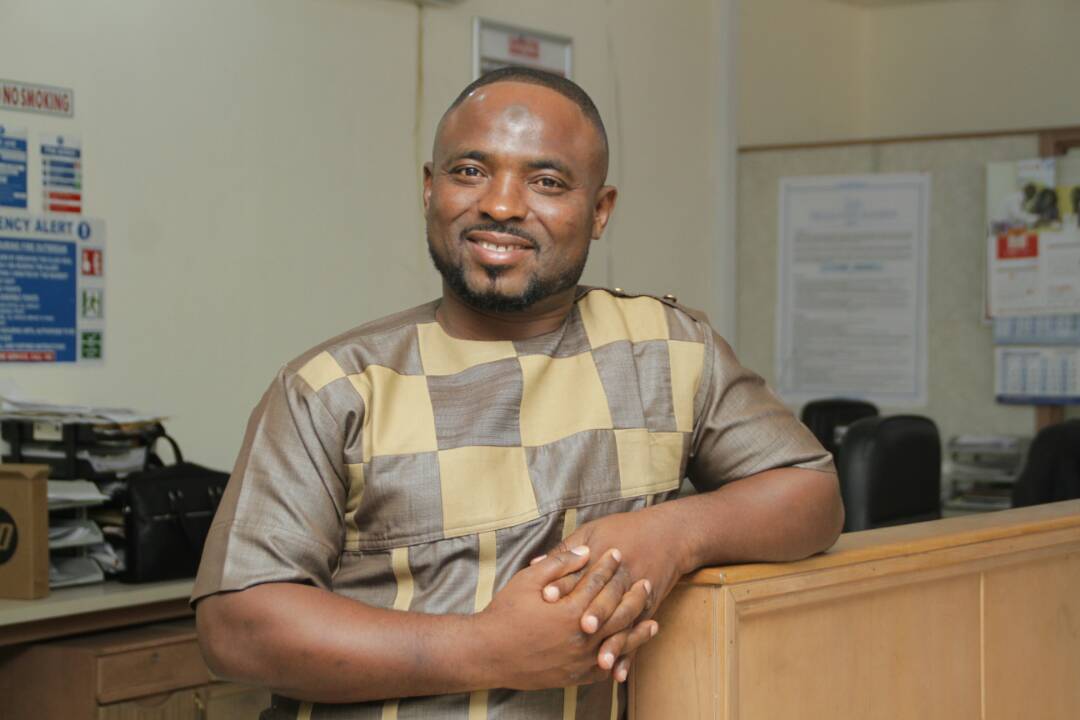
Accra, Ghana//-Te hPresident of Ghana based Journalists for Business Advocacy (JBA), Suleiman Mustapha has advised his colleague economic and financial journalists on accurate reporting of public policy and economic trends at such a critical time.
According to him, “Private investment and business activity thrives on information; not just news but the accurate interpretation of public policy and economic trends.
Mr Mustapha gave the advice at the just-ended two-day workshop on financial literacy for some selected members of JBA at Prampram in the Greater Accra Region.
The workshop which was on the theme- ‘Understanding Monetary Policy in a Post Pandemic Era’ was organised by the JBA and sponsored by the Bank of Ghana (BoG).
He noted that the International Monetary Fund (IMF), as part of its recent Extended Credit Facility programme for Ghana, insisted that the BoG step up its communications to the public.
To this end, Mr Mustapha commended the Communications Department of the BoG “for doing a good job and indeed this has informed the central bank’s intensified interface with the media over the past half a decade, this event which we are now commencing is just one example of the wider effort in this regard”.
This has facilitated our access to more data and perspectives from the BoG than ever before, particularly through the Monetary Policy Committee press briefings held every two months”.
Be more responsible than ever before
“But it also behooves us to be more responsible than ever before in our use of the information given us, reporting and analyzing it in technically accurate, understandable and timely fashion”, Mr Mustapha further advised.
“Most importantly let us remember that we as journalists are on the same side as the BoG with regards to our ultimate objectives – an economy that enables inclusive, sustainable economic growth”.
This is because, the central bank formulates and implements monetary policy as an independent institution to achieve goals that remain the same irrespective of who is in political power.
Very complex task
“Let us also remember that monetary policy formulation and implementation is a very complex task so we need to be circumspect in second guessing the BoG. Besides, it has access to more information than we do”.
Mr Mustapha cited for instance when the BoG recently slashed the Monetary Policy Rate by 150 basis points, on the basis that inflation was trending downwards towards a long term low, many financial journalists immediately asserted that the cut was too large and too soon since an increase in transport costs of as much as 20 per cent was in the offing.
“But just two days later it emerged that the transport fare hike agreed was just 13 per cent, too small to push consumer inflation beyond the ceiling of the BoG’s target band.
It is now clear that the BoG knew the size of the transport fare increase when it made its interest cut decision and was thus operating on information which had not reached us at the time”.
Consideration factors
Furthermore, the BoG has to take into consideration factors that the journalists hardly consider commonly; for instance the need to drive interest rates towards levels that would cut the country’s inordinately high desire for consumption rather than savings, when compared with its middle income country peers.
“Therefore we need to cut the BoG some slack when critically assessing its monetary policy initiatives. Simply put it knows much more than we do in a highly technical area of economic management.
But the more we know about monetary policy the better equipped we are to evaluate what the central bank is doing in this regard, in technically accurate manner – including our ability to point out policy shortcomings”.
This is why the journalists are here today. To become better equipped to understand, critically assess and report monetary policy as the BoG strives to use it to support Ghana’s economic rebound from the dire impacts of COVID 19, Mr Mustapha.
He therefore urged the journalists to use the workshop opportunity as best as possible to better ourselves professionally and consequently do a better job for ourselves, employers and the national economy.
The First Deputy Governor of Bank of Ghana (BoG), Dr Maxwell Opoku-Afari was the keynote speaker of the workshop, assured that the Bank would continue to monitor development and take appropriate decision stressing: “A careful balancing act between unwinding the policy support and would be needed by policy makers to ensure that stability in a post-pandemic environment is guaranteed”.
While majority of the facilitators of the workshop were drawn from the Research Department of the Bank of Ghana.
African Eye Report


